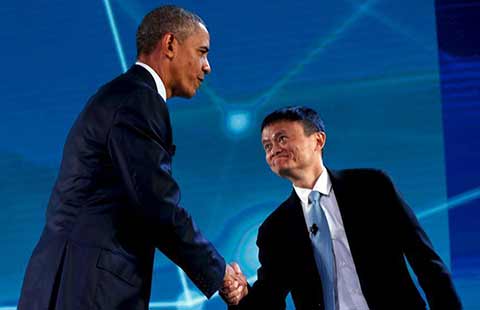Linked exchange rate system to stay in HK
(Xinhua) Updated: 2012-11-14 18:01HONG KONG - The Linked Exchange Rate System has been the cornerstone of Hong Kong's monetary and financial stability in the past three decades, and the city has neither the need nor the intention of changing the system, Hong Kong's financial secretary John Tsang said here on Wednesday.
Attending the city's Legislative Council meeting, Tsang said neither the system nor the appreciation of the renminbi exchange rate is the main cause for pushing up inflation in Hong Kong.
Tsang said other currencies in the Asian region have been facing upward pressures in the first three quarters of this year amid ample global liquidity, with their exchange rates against the US dollar rising 2 to 6 percent and their foreign reserves up 3 to 9 percent.
He said this shows that economies which adopt an exchange rate regime different from the Linked Exchange Rate System are also faced with fund inflow pressures.
"We have been assessing the impact of the Linked Exchange Rate System on the Hong Kong economy. The results are that for Hong Kong as a small and open economy and an international financial center, where economic growth is driven mainly by external factors, the Linked Exchange Rate System is the most appropriate system that serves the long-term interests of Hong Kong," he said.
Tsang said the inflation rate in recent years in Hong Kong has been mainly driven by the surge in global commodity prices, not the appreciation of the renminbi, citing that the Hong Kong dollar depreciated 4.7 percent against the renminbi in 2011, whereas global commodity prices have increased 26 percent over the same period.
As global commodity prices have stabilized to some extent, inflation has gradually gone down from 5.3 percent in 2011 to 4.2 percent in the first nine months of 2012, he said.
- Nice move! Chinese investors grab stake in French soccer club
- Johnson Controls to open its second global headquarters in Shanghai
- Chinese steel output continues to rise in May
- FIFA to have more Chinese friends with money
- Sino-German robots muscle in
- Alibaba bears pounce as short-sellers hint figures too good to be true
- Top 10 overseas destinations for Chinese students
- Xiaomi marches into banking industry


















